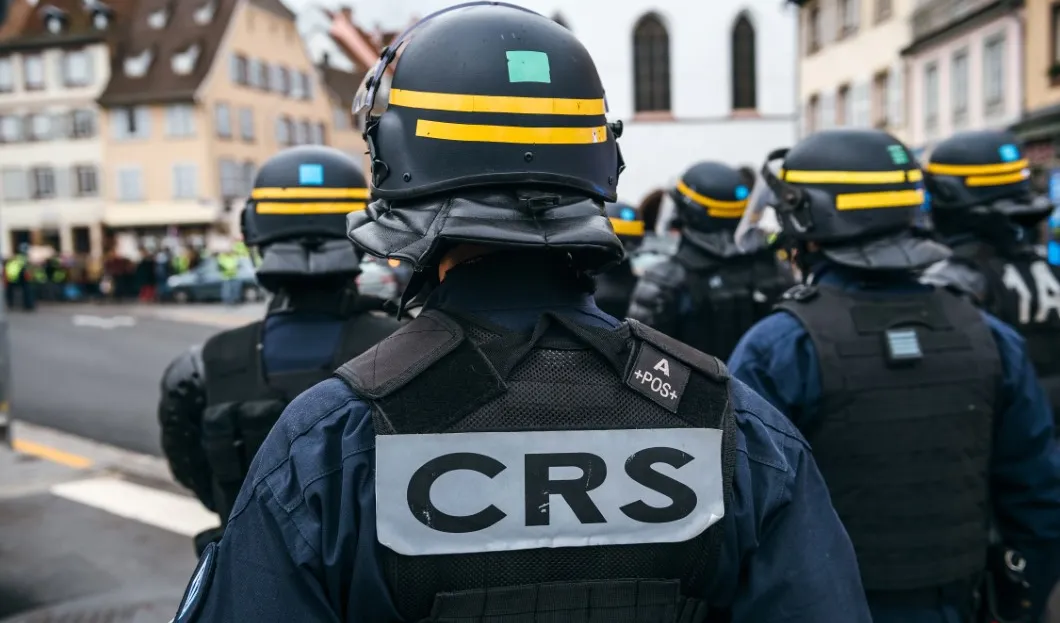
Already suffering from four weeks of mobilization of yellow vests, enameled with violence, tourism and hotel and catering professionals fear that the shooting in Strasbourg from Dec 11 will weigh even more on the industry.
"We are already in the middle of yellow vest events and high school demonstrations, it is catastrophic," comments Laurent Duc, president of the hotel branch of the Union des métiers et des industries de l'hôtellerie (UMIH). The recent attack at the Strasbourg Christmas market which left three dead and 13 wounded is further worsening the climate of the end-of-year holidays, which are crucial for the suffering tourism in France. Especially since 2018 was expected to be a record year in terms of foreign visitors to France, after last year's 87 million, with the objective of reaching 100 million by 2020.
"This relaunches the debate on the dangerousness of France," says Laurent Duc, while the sector had finally recovered from the drop in activity that followed the 2015 attacks. "In Lyon, we have already lost 15 to 20% of our turnover in three weeks, and the violence linked to the movement of yellow vests has frozen last-minute reservations for the Festival of Lights," he says. And in the capital, "hoteliers have had a multitude of cancellations, there have been up to 50% withdrawals, customers have left," deplores Geneviève Bahler, vice-president of the Groupement national des indépendants (GNI-Synhorcat). At the national level, the GNI estimates that for 55% of hotels, the drop in activity is more than 10% of their turnover.
Last Saturday, during the "Act IV" of the mobilization of the yellow vests, some 136,000 demonstrators were identified. In addition to a record number of arrests, more than 320 people were injured, and damage was reported in many cities. For the restaurant industry in Paris, it's a disaster: customers no longer come, from the starred to the small bistros, the impact is the same.

Laurent Duc also mentioned a decrease in activity ranging from 30% to 50% in the capital's hotel business, which is more pronounced as we "move up to the top of the range". Luxury establishments have a mainly foreign clientele, to whom the images of violence on emblematic places such as the Champs-Elysées are frightening he says. "People who have money and come to Paris for their end-of-year shopping have gone to London, Rome. But we try to tell them that it's not just Paris, there's Nice, Lyon, Bordeaux..."
However, it is not only international customers who are affected: French tourists have also reduced their travel and hit the already suffering tourism industry. "Many French families who had planned to come with children to the capital have cancelled," says Geneviève Bahler, for whom the establishments located on the riverbank On the right, the violence was much more severe, with the violence being concentrated in the wealthy districts of western Paris.
French tourist bookings for stays in France fell by 3% in November in favor of holidays abroad, confirms Jean-Pierre Mas, President of Les Entreprises du Voyage, which brings together French travel agencies.
The attack in Strasbourg is likely to harm the international reputation of the country for some time, especially since there is a tourist among the victims. The situation was already not brilliant, with images of France immersed in an insurrectional climate. TUI, France's leading tourism operator, confirms that winter sales trends were good, but notes a decline in December bookings.
"We are extremely cautious about the future of this movement (yellow vests) which in the long term could push the French to reduce their consumption and postpone their travel plans," says Pascal de Izaguirre, CEO of TUI France. The Airbnb private tourist rental platform, on the other hand, claims that it has not yet seen a decline in its activity.









